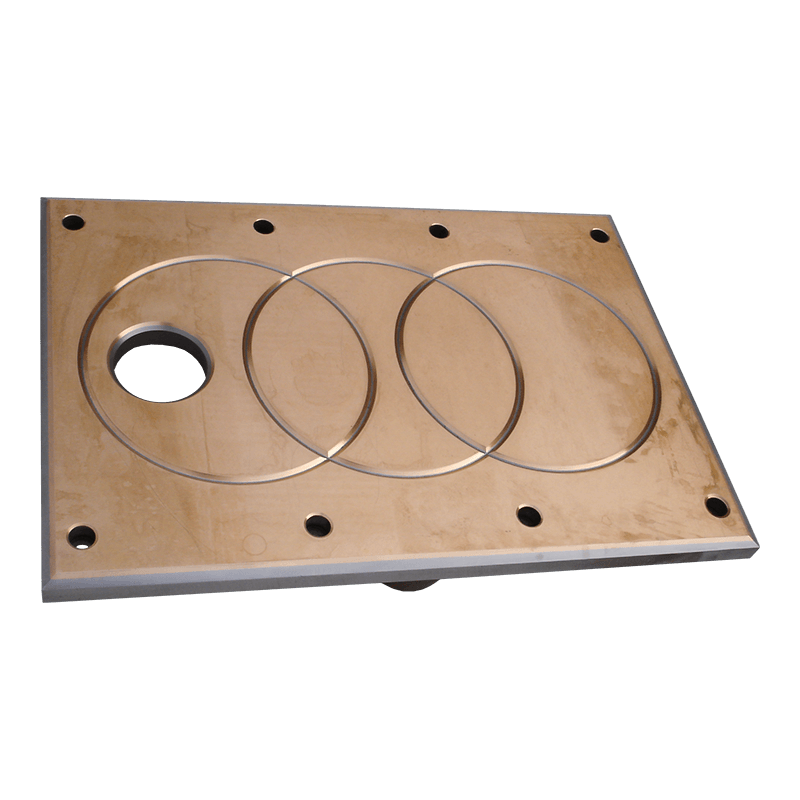The Composite Metal Series provides several key advantages in terms of corrosion resistance within the aerospace industry. Corrosion resistance is critical in aerospace applications due to the harsh environmental conditions aircraft are subjected to, such as humidity, salt air, and varying temperatures. Here are the primary benefits of using composite metals for corrosion resistance in aerospace:
Composite metals have superior corrosion resistance compared to traditional metals like aluminum or steel, especially in environments where exposure to moisture and salt air is prevalent, such as coastal regions or high-altitude flight conditions. This extended lifespan of parts results in fewer failures, reducing the need for frequent replacements and maintenance.
Enhanced corrosion resistance significantly reduces the maintenance frequency for aircraft components. Aerospace parts like the fuselage, wings, and landing gear benefit from materials that are less prone to rust and degradation, leading to lower long-term maintenance costs and less downtime.
Composite metals often provide the same or even better corrosion resistance as heavier metals but with a lighter weight. This is essential in aerospace, where reducing weight improves fuel efficiency, without sacrificing durability or the need for corrosion prevention measures like coatings or treatments.
Aircraft frequently encounter extreme environments, such as high humidity, fluctuating temperatures, UV radiation, and exposure to deicing chemicals. Composite metals are designed to resist corrosion even in these aggressive conditions, maintaining structural integrity where traditional materials would degrade.
When different metals are in contact with one another in the presence of an electrolyte, such as saltwater, galvanic corrosion can occur. Composite metals, when designed with multi-layered structures, can help mitigate galvanic corrosion by isolating or protecting the more reactive metals in the system, ensuring longer-lasting performance of aerospace components.

Aircraft often come into contact with fuel, hydraulic fluids, and other chemicals. Composite metals are resistant to chemical attack and oxidation, preventing corrosion caused by chemical reactions that could weaken parts over time, especially in critical areas like fuel tanks or hydraulic systems.
Traditional metals often require additional coatings or corrosion inhibitors (e.g., anodizing or painting) to prevent rust or degradation. Composite metals, with their inherent corrosion-resistant properties, can reduce the need for such treatments, simplifying manufacturing processes and lowering operational costs.
Aerospace components are often exposed to high temperatures and pressures, particularly in engines or areas near the exhaust system. Composite metals, especially those designed for high-heat environments, resist oxidative corrosion better than conventional materials, maintaining their protective qualities under extreme conditions.
Corrosion in critical aircraft components can lead to catastrophic failures if not detected in time. The inherent corrosion resistance of composite metals reduces the risk of sudden failure due to undetected corrosion, improving overall safety and reliability.
Because composite metals reduce the need for corrosion-prevention chemicals and treatments, they can also be more environmentally friendly. This is particularly important in aerospace, where reducing the use of harmful chemicals like chromates and other toxic coatings is both a regulatory and environmental priority.
By offering long-term corrosion protection, composite metals enhance the durability, safety, and efficiency of aircraft, making them invaluable for the aerospace industry, where even small improvements in material performance can lead to significant benefits in cost, safety, and operational efficiency.

 English
English Deutsch
Deutsch Español
Español русский
русский

 +0086-513-88690066
+0086-513-88690066




